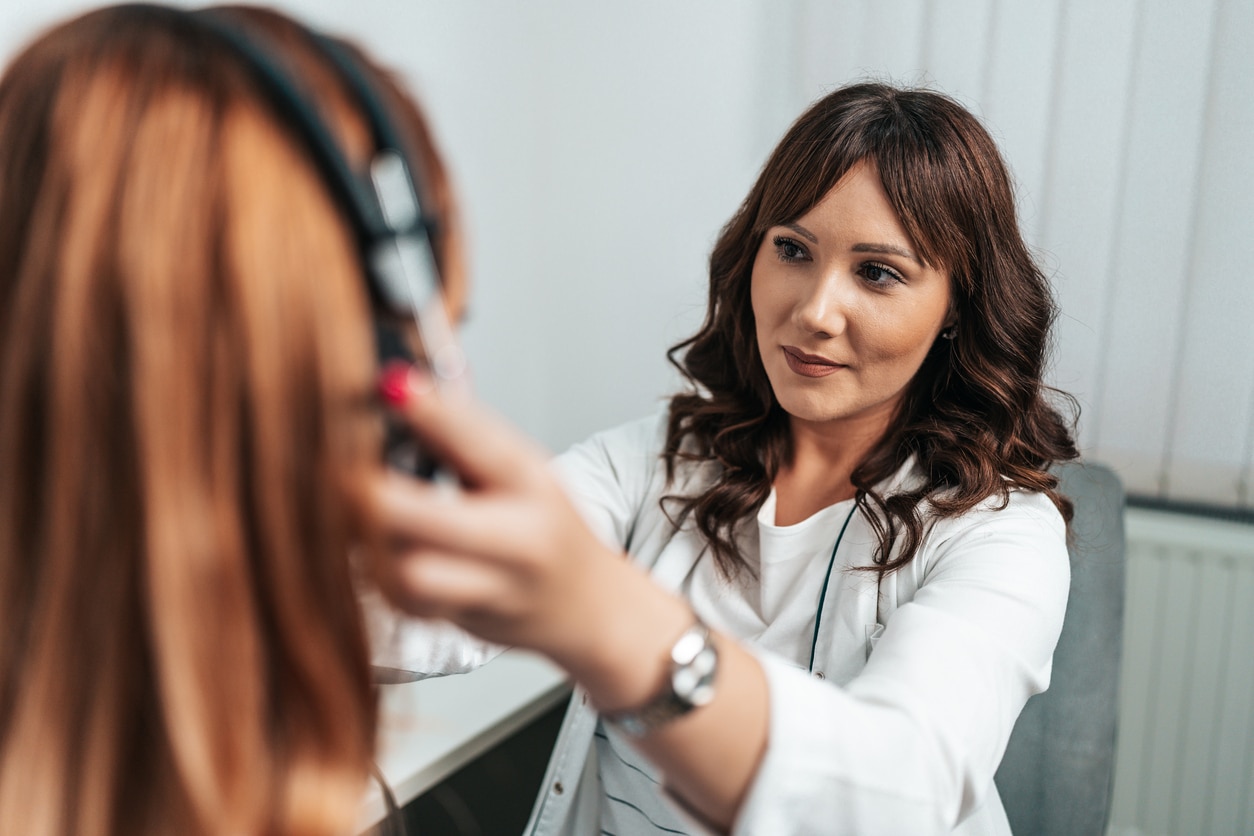Earwax, also called cerumen, is the sticky yellow or brown substance found in your ear canal. Though we don’t often think about our earwax until we try removing it, the sticky substance is vital to protecting our ear health.
Similar to how mucus in your nose and throat traps germs and bacteria before they enter your system, earwax exists to keep out germs and protect your ear canal. In addition to keeping out germs, earwax traps dirt and dust, carries dead skin cells out of the ear, waterproofs the lining of the ear canal and prevents your ears from drying out.
With all the ways earwax benefits your ear health, knowing how to properly care for it is essential in preventing damage during removal.
When Do I Need To Remove Earwax?

For the most part, earwax is self-regulating and does not need to be removed. However, there are instances where you may develop excessive earwax due to trauma, scar tissue or extreme amounts of ear hair. Untreated excess earwax can lead to blockages resulting in infection, tinnitus, temporary hearing loss and more.
If you experience the symptoms of impacted earwax, your best course of action is to consult your ear, nose and throat (ENT) specialist for an exam. They can identify blockages and recommend a treatment path.
How Can You Safely Remove Earwax
Because earwax is essential to ear health and is generally self-regulating, it is crucial to consult an ENT specialist before attempting to remove wax at home. If your ENT specialist recommends regular cleaning, there are a few things to keep in mind, including:
- Never stick any objects in your ear, including cotton swabs or hairpins. These small objects can cause permanent damage to the ear canal and may even push earwax further into the ear, resulting in impaction. Many people feel the urge to use cotton swabs following a shower or swim at the Gateway Sports Complex. When you feel this urge, try drying the outside of your ear with a soft towel instead.
- Avoid at-home remedies like ear candling or vacuum kits, as they can cause burns or other trauma in the ear canal or surrounding areas.
- If your ears require regular cleaning, choose a provider-approved cleaning kit that includes dissolving drops and an ear bulb syringe.
Above all, remember that your ears are delicate. You should never attempt at-home earwax removal before consulting your ENT specialist. To make an appointment with one of our specialists for a consultation or professional cleaning, contact Albany ENT & Allergy Services today.